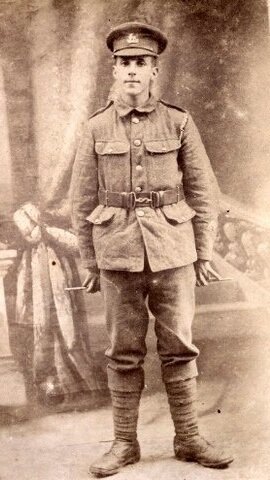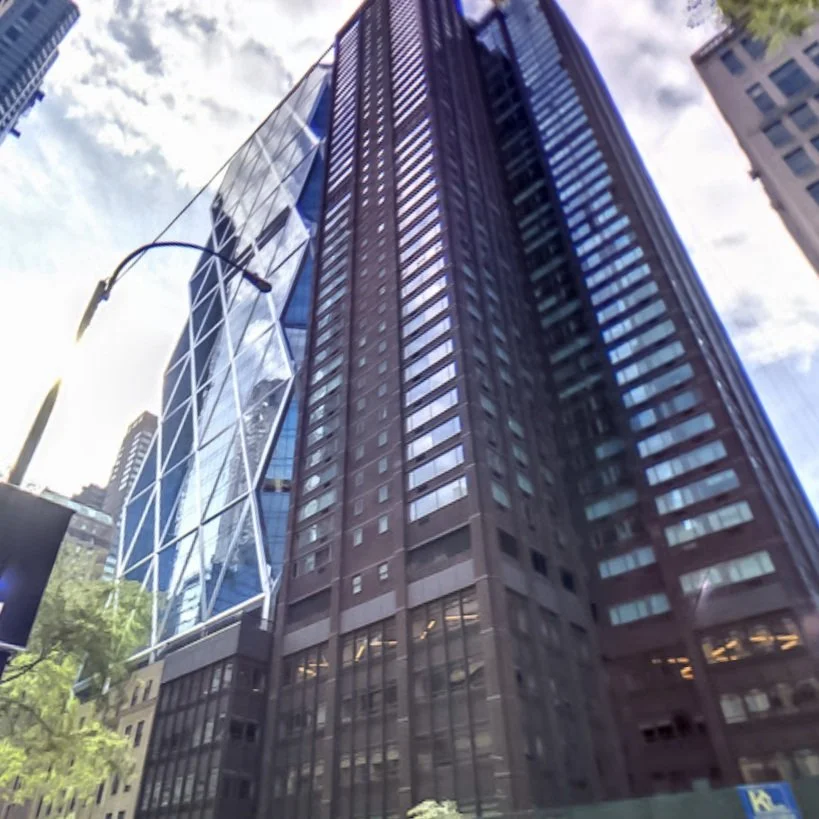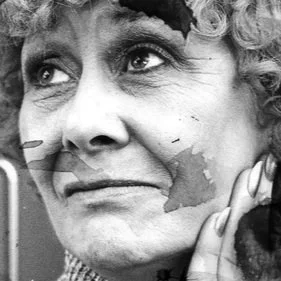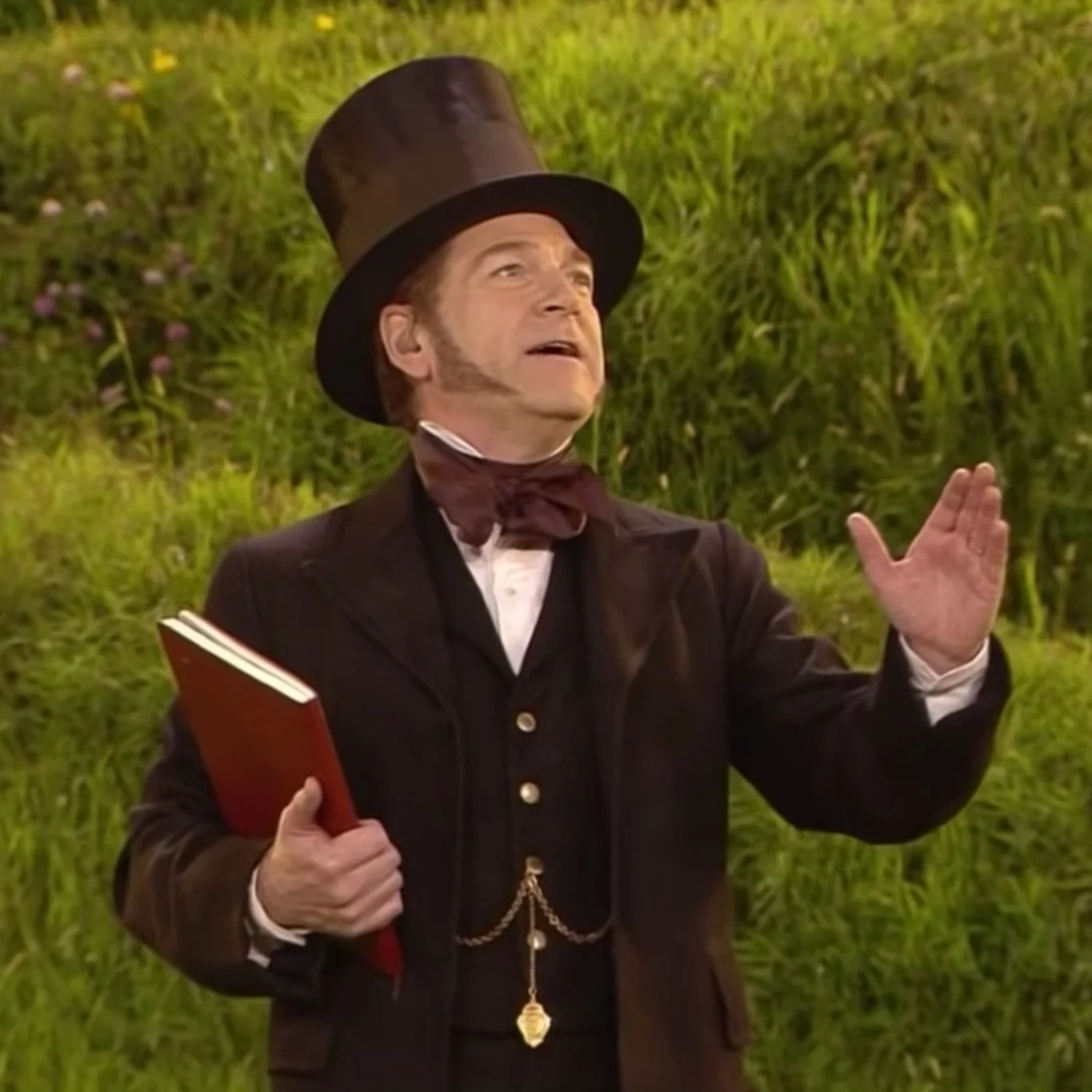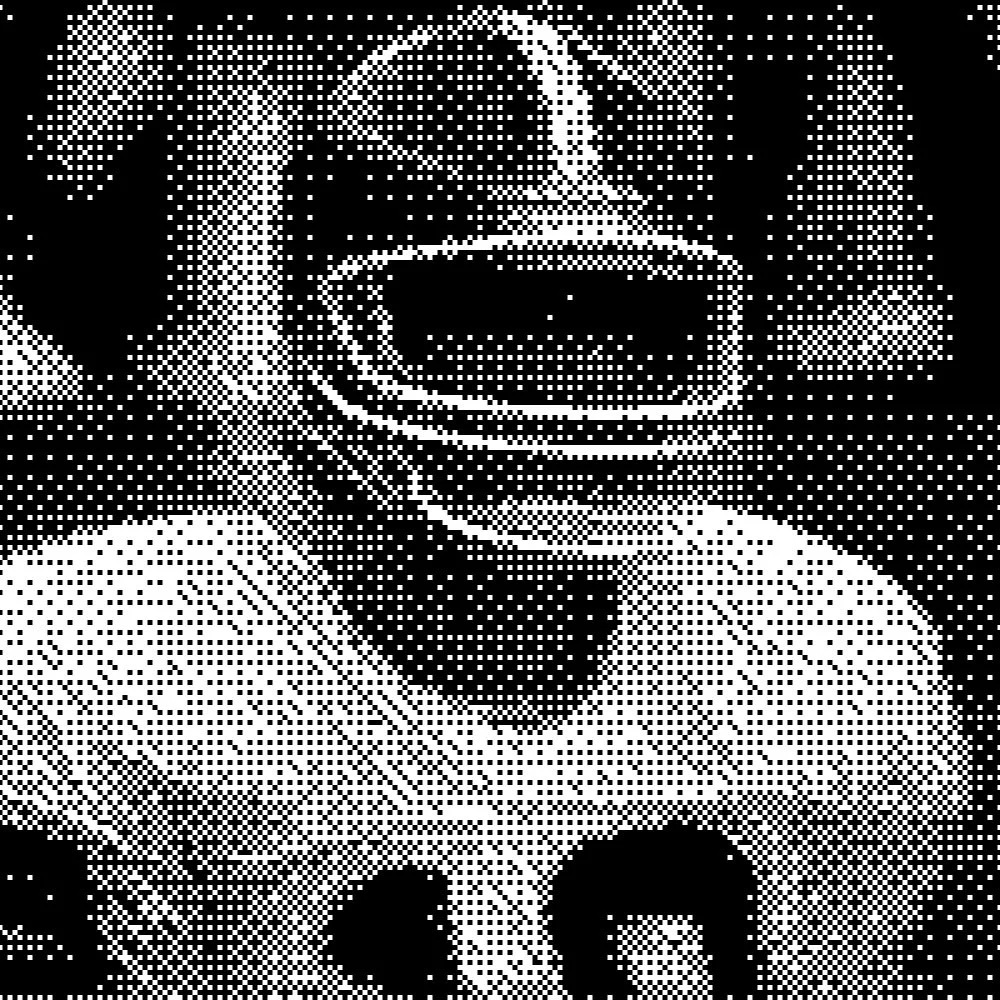Grandads
Background in Torquay, GB, 1929-1945: family; education; German Air Force raids on Torquay; membership of the Sea Cadets. Aspects of enlistment and training as boy telegraphist with Royal Navy in GB, 1945-1946: enlistment in Royal Navy, 9/1945; pattern of training at boy telegraphist. Aspects of period as boy telegraphist aboard HMS Norfolk on East Indies Station, 1946-1947: rat and cockroach infestation on board HMS Norfolk. Aspects of period as telegraphist aboard HMS Amethyst in Far East, 1948-1949: transfer to ship; character of routine on board; patrols of Malaya; question of not obtaining Malayan bar to his General Service Medal. Recollections of operations as telegraphist aboard HMS Amethyst during the Yangtse Incident in China, 1949: role as guard ship at Nanking, 1948; Chinese Communist shelling of ship and sending off of radio signal; grounding on mudbank; issue of weapons to crew.
Continues: destruction of coding machine; orders to abandon ship; swimming to river bank via Rose Island; reasons for Jack French returning to ship; sight of HMS Consort rescue attempt; character of journey to Shanghai; treatment by Nationalist soldiers; reception and treatment in Shanghai; duties aboard HMS London, HMS Black Swan and HMS Belfast prior to move to Hong Kong; re-joining HMS Amethyst in Hong Kong; reaction to Chinese Communist claims about ship's voyage up the River Yangste; first visit on board ship; character of reception in ports on route to GB.
W.H. Auden ‘Funeral Blues’ (1938)
Stop all the clocks, cut off the telephone,
Prevent the dog from barking with a juicy bone,
Silence the pianos and with muffled drum
Bring out the coffin, let the mourners come.
Let aeroplanes circle moaning overhead
Scribbling on the sky the message ‘He is Dead’.
Put crepe bows round the white necks of the public doves,
Let the traffic policemen wear black cotton gloves.
He was my North, my South, my East and West,
My working week and my Sunday rest,
My noon, my midnight, my talk, my song;
I thought that love would last forever: I was wrong.
The stars are not wanted now; put out every one,
Pack up the moon and dismantle the sun,
Pour away the ocean and sweep up the wood;
For nothing now can ever come to any good.
He was born in November 1896 at 18, Spring Street, Chipping Norton the sixth son of John and Emma. At school he was awarded bronze medals for being Never Absent and Never Late from 1904 – 1909. After leaving school age 14 he worked as an errand boy.
He served as a Private in the 1st/8th Battalion, Royal Warwickshire Regiment As part of the 48th Division in Spring of 1917 they cautiously pursued the German Retreat to the Hindenburg Line, in which the Division occupied Peronne. On 16th August to 1917 they took part in the Battle of Langemarck during the Third Battle of Ypres going on to fight in the subsequent actions, the Battle of Polygon Wood, the Battle of Broodseinde and the Battle of Poelcapelle between 26th September and 9th October 1917. In November 1917, along with the rest of the Division they moved to Italy. The Battalion returned to the Western Front on 11th September 1918, joining the 25th Division. They fought in the Battles of the Hindenburg Line and the Final Advance into Picardy that year.
In the picture below he is showing an inverted chevron on his left sleeve which was for two years Good Conduct and also two smaller inverted chevrons on his right sleeve indicating he served two years overseas.
In 1921 he married Gladys Violet Hathaway in Chipping Campden and they made their home there raising nine children. He worked as a Goods Guard for the GWR retiring in 1962 after 47 years service. Tragically both Ernest and Gladys died in a road traffic accident in 1968 and they are buried together in Chipping Campden cemetery.
Gloucestershire Echo, September 14th 1968










